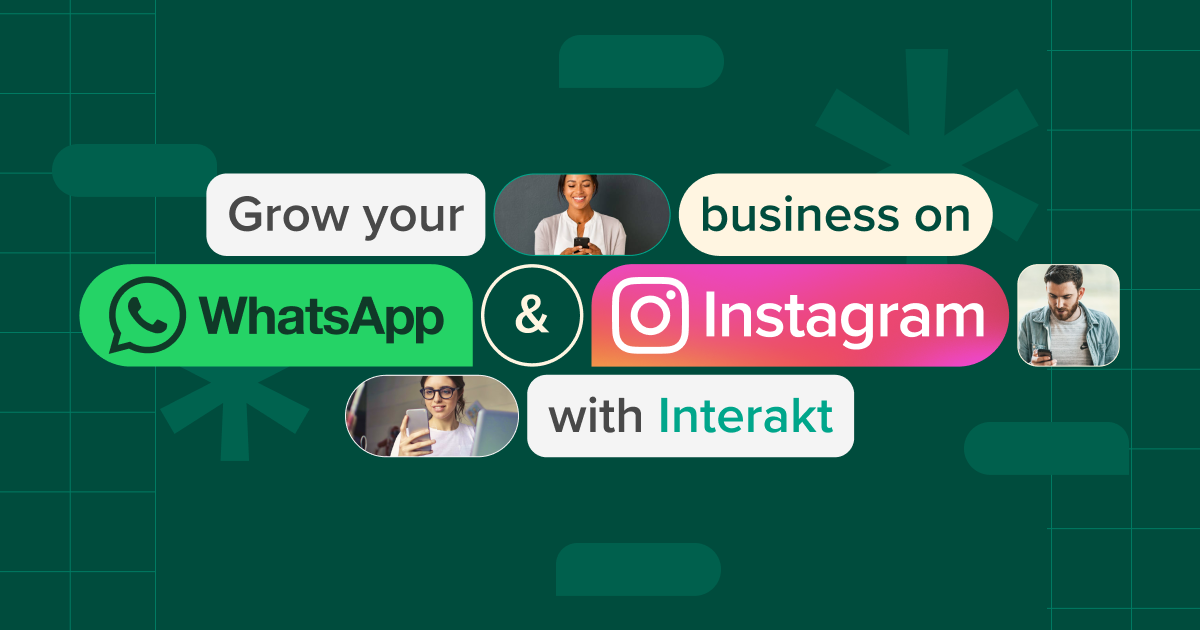In today’s fast-paced digital world, businesses need a reliable and efficient way to engage with their customers. WhatsApp Messaging APIs have revolutionized communication, enabling businesses to automate, personalize, and scale their interactions on the world’s most popular messaging platform. With over 2 billion active users globally, WhatsApp provides a direct and convenient channel for businesses to offer customer support, send notifications, and drive sales.
Implementing WhatsApp Business APIs can help businesses streamline their workflows, improve response times, and enhance customer satisfaction. Whether you are a small business or an enterprise, leveraging these APIs can provide a competitive edge, ensuring seamless communication with your audience.
Prerequisites for Setting Up WhatsApp Messaging APIs
Before integrating WhatsApp Messaging APIs, businesses need to meet certain requirements to ensure a smooth setup process:
1. WhatsApp Business Account – You must have an official WhatsApp Business Account (WABA), which can be created by getting in touch with an official Meta Business Provider like Interakt
2. Verified Business Presence – WhatsApp requires businesses to verify their accounts to access the API and build trust with customers. This also ensures that you can easily apply for the coveted Blue Tick.
3. Phone Number – A dedicated phone number must be registered for WhatsApp API use. It cannot be linked to an existing WhatsApp Business or personal account.
4. Meta Business Manager – Your business must be set up and verified in Meta’s Business Manager to access WhatsApp API services.
5. API Provider or BSP (Business Solution Provider) – You can either apply for direct API access via Meta or work with an official BSP like Interakt for easier integration and support.
6. Compliance with WhatsApp Policies – Businesses must adhere to WhatsApp’s policies on user consent, opt-ins, and message quality standards.
Step-by-Step Setup Guide for setting up WhatsApp Business API
Setting up WhatsApp Messaging APIs involves a structured process to ensure compliance and functionality. Here’s a detailed guide:
Step 1: Registering for WhatsApp Business API
> Sign up with a Business Solution Provider (BSP) like Interakt.
> Submit your business details and request API access via Meta Business Manager.
> Complete the WhatsApp Business Verification process.
Step 2: Setting Up Your WhatsApp Business Profile
> Add essential business details such as your logo, business description, contact details, and website links.
> Customize your profile to ensure brand consistency.
Step 3: Connecting to the WhatsApp API
> Obtain API credentials from your BSP.
> Use API endpoints to integrate WhatsApp messaging with your CRM or customer support system.
> Set up webhooks to receive message notifications and updates in real-time.
Step 4: Configuring Message Templates
> WhatsApp requires businesses to use pre-approved message templates for outbound communication.
> Create templates for notifications, reminders, and promotional messages and submit them for approval.
Step 5: Implementing Automation and Chatbots
> Use automation tools or AI-driven chatbots to handle FAQs and customer queries.
> Integrate WhatsApp with CRM systems for seamless customer interaction.
Step 6: Testing and Going Live
> Conduct API testing using WhatsApp’s sandbox environment.
> Monitor message delivery, customer responses, and system performance before full deployment.
Best Practices for Using WhatsApp Messaging APIs
Ensuring Security and Privacy
> Use end-to-end encryption for secure messaging.
> Obtain user consent before sending messages.
> Follow Meta’s data protection policies and avoid unsolicited messaging.
Message Formatting and Timing Strategies
> Keep messages concise and engaging.
> Personalize interactions using customer data.
> Send messages at optimal times to maximize engagement.
Common Challenges and Troubleshooting Tips
Potential Issues During Setup
> Business verification delays
> Message template rejections
> API connectivity issues
Solutions & Resources
> Work with an official BSP like Interakt for faster approval.
> Follow WhatsApp guidelines for template creation.
Conclusion
WhatsApp Messaging APIs offer businesses an unparalleled opportunity to streamline communication, enhance customer experience, and drive sales. By integrating these APIs, businesses can automate customer interactions while maintaining a personal touch. As digital conversations become the cornerstone of customer engagement, adopting WhatsApp Messaging APIs is crucial for staying ahead of the competition.
By following this guide, businesses can successfully implement WhatsApp Messaging APIs and unlock the potential of seamless, real-time customer communication.
Take the first step towards transforming your customer engagement with WhatsApp API today!






